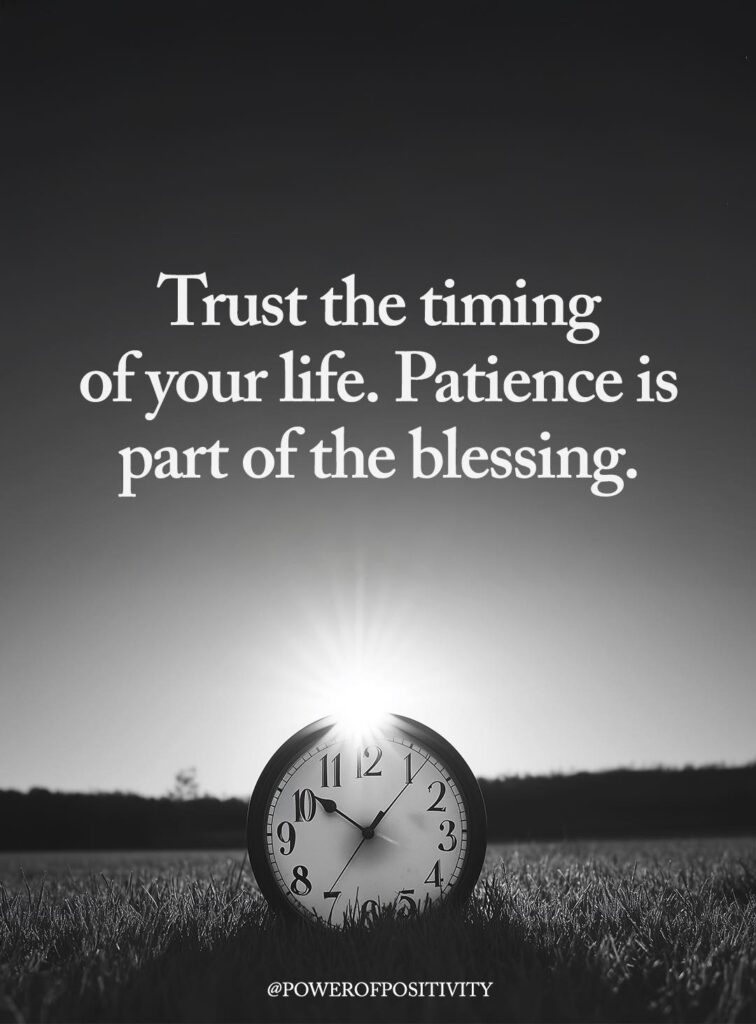“Remember when a steady career meant one company, one role, one ladder? That ladder’s gone.” The idea of working the same job for decades and retiring with a gold watch doesn’t match today’s reality. People are changing jobs more often, industries are shifting, and even whole roles disappear as quickly as new ones appear.
Automation and AI are speeding up that change. Many routine tasks are now handled by software, while remote work has turned hiring into a global competition. A person in another country with the right skills can be your coworker—or your replacement.
Success no longer comes from holding a title for years. It comes from staying flexible and ready to learn. The real security is building skills that keep you ahead as work keeps changing. Those who keep growing with the times will have more options, more stability, and more chances to shape their own future.
Why Staying Still Means Falling Behind
The truth is, skills don’t last forever. Experts call it a “half-life.” What you learned five or ten years ago may already be outdated. A software update, a new process, or an AI tool can change what’s needed in your role almost overnight.
Workers who dig in their heels and keep doing things the old way face a real risk. The competition isn’t only technology—it’s also the coworker who’s quicker to adapt. Those who learn faster and show flexibility become the ones companies depend on.
Employers now look for three things:
- Agility — how well you adjust when things shift.
- A growth mindset — a willingness to keep improving.
- Proof of learning — clear signs you’re adding new skills.
Holding a job title is no longer enough. Building skills that keep you ahead is what makes you harder to replace and easier to promote.
The Human Advantage in a Digital Age
Technology can handle routine work better than people. Machines process information quickly, run nonstop, and complete tasks at scale. But there’s a limit to what software can do. It doesn’t show empathy, earn trust, or make thoughtful decisions when situations get messy.
That’s where people shine. Emotional intelligence, communication, and teamwork make the difference between someone who’s replaceable and someone who’s essential. These strengths aren’t “nice to have.” They’re the foundation of leadership in a digital workplace.
Think about hybrid teams where half the group is online and half are in person. Misunderstandings happen easily when tone is lost on video calls or messages are taken the wrong way. The people who can read the room, manage emotions, and build bridges are the ones who stand out.
Three habits give you an edge:
- Listen with intent — focus fully instead of planning your reply.
- Express clearly — short, simple words reduce confusion.
- Handle conflict calmly — focus on solving, not blaming.
When technology grows stronger, human strengths matter even more. If you’re looking for skills that keep you ahead, start with the ones a machine can’t copy.
Thinking Smarter, Not Harder
Longer hours don’t guarantee better results. What matters is how you use the hours you already have. Working smarter means using your energy and focus wisely instead of burning out on endless tasks.
Critical thinking is one way to get there. With so much noise online, you need the ability to separate fact from opinion and find the most reliable source of truth. Creativity is another. When the old way stops working, fresh ideas spark new solutions. And adaptability makes sure you can switch direction quickly when the unexpected happens.
Here are signs you’re working smarter:
- You question busywork — asking if the task really adds value.
- You match tasks to energy levels — saving tough projects for your best hours.
- You try new approaches — testing small changes until you find what works.
- You adjust quickly — not wasting time fighting change you can’t control.
These habits don’t show up overnight. But over time, they form the kind of skills that keep you ahead in any industry.
The New Language of Work: Data and Digital Fluency
Every job, from healthcare to retail, now touches data in some way. Numbers tell the story of customers, performance, and growth. If you can read charts, spot trends, and pull insights, you become valuable to any team. That’s what data literacy is all about.
Digital fluency is the other piece. It doesn’t mean you need to code. It means you’re confident picking up new tools, learning fresh platforms, and using AI systems without fear. The faster you get comfortable, the faster you solve problems.
For example, someone who can use an AI assistant to prepare reports in minutes is more useful than someone who avoids new tech and spends hours stuck in spreadsheets. Being a problem-solver instead of a problem-creator is what sets professionals apart.
Signs you’re fluent in the new language of work:
- You try new tools early instead of waiting for training.
- You use data in decisions rather than going with gut feelings.
- You teach others how to use tools, showing you’ve mastered them.
These skills aren’t just for tech workers. They’re for anyone who wants skills that keep you ahead no matter the field.
Growth as a Daily Habit
Learning doesn’t end with school. The future belongs to people who treat growth as part of everyday life. Small steps, done often, keep you sharp and ready.
Simple ways to learn daily include:
- Listening to a podcast during your commute.
- Watching short online lessons instead of scrolling.
- Asking for feedback after a project.
- Taking part in a mentorship program.
It’s not about giant leaps—it’s about steady progress. The workers who thrive are the ones who never stop adding to their toolkit. Those who fade are often the ones who wait too long to update their knowledge.
Talent alone isn’t enough. The real difference is willingness to keep learning. If you want skills that keep you ahead, build them into your routine, just like brushing your teeth or exercising.
Final Thoughts on Staying Ahead
Careers are no longer defined by a single title or company. The future belongs to people who adapt quickly, think clearly, and keep growing.
Technology will continue to change how we work, but human strengths like judgment, empathy, and communication will always be needed. They’re the qualities that keep teams moving forward and organizations running smoothly.
Don’t wait for the future to force you into action. Every choice you make today is shaping the path ahead. Start building skills that keep you ahead before you need them.
The message is simple: be open, stay curious, and practice learning daily. That’s how you’ll stay valuable, confident, and ready for whatever work looks like tomorrow.















